China will likely meet its annual growth target of around 5.5 percent this year with the help of the government's effective measures to control COVID-19 outbreaks and stabilize market expectations, economists and experts said.
Despite facing mounting pressure from a resurgence in domestic COVID-19 cases and a complicated and grim external environment, they believe the country has plenty of policy tools to stabilize the overall economy, while the impact of outbreaks is likely to be temporary.
Citing China's faster-than-expected 4.8 percent year-on-year growth in the first quarter, they said there still exists a gap between first-quarter growth and the country's annual growth target, calling for more steps to accelerate macroeconomic policy support, especially for hard-hit enterprises and sectors.
Compared with major economies, China reported higher GDP growth with lower inflation in the first quarter, demonstrating robust economic resilience despite downward pressures, said Wang Yiming, vice-chairman of the China Center for International Economic Exchanges.
Wang said at a Chinese economic situation seminar on Saturday in Beijing that while China witnessed sustainable industrial growth, rising investment demand and strong innovation momentum in the first quarter, the growth of major economic indicators have slowed since March because of the COVID-19 cases and the Russia-Ukraine conflict.
With many market entities like micro and small businesses facing difficulties and mounting pressures, he said, more efforts should be made to actively respond to the concerns of those entities to stabilize market expectations and provide stronger macroeconomic policy adjustments to stabilize the economy.
Wang's views were echoed by Liu Qiao, dean of the Guanghua School of Management at Peking University. Considering the strong resilience of the economy and China's ample tools, Liu believes China has the confidence to meet its annual growth target of around 5.5 percent in 2022.
Sang Baichuan, dean of the Institute of International Economy at the University of International Business and Economics, said China's economy will remain in the process of recovery this year while facing pressures from the COVID-19 pandemic, geopolitical tensions and monetary policy adjustments in the United States and Europe.
"The economic situation is challenging," said Zhang Xiaoqiang, executive vice-chairman of the China Center for International Economic Exchanges.
He said it is of great importance to ensure economic stability and actively respond to the concerns of foreign businesses to stabilize foreign investment and international trade.
A new survey released by the European Union Chamber of Commerce in China and Roland Berger consultancy showed China's domestic COVID-19 cases and the Russia-Ukraine crisis are creating severe challenges to European business operations.
The survey said 23 percent of respondents are now considering shifting current or planned investments out of China to other markets, more than double the number that were considering doing so at the beginning of 2022.
Given challenges in the foreign trade sector, the Ministry of Commerce will work to safeguard smooth logistics and production activities, improve financial support and encourage new business forms, such as cross-border commerce, said Sheng Qiuping, vice-minister of commerce.
China's consumption market will further expand, as the country has 1.4 billion people, including 400 million middle-income earners, he said.
Sheng said the Chinese market will remain open and unleash more opportunities for global enterprises, as the fundamentals of the Chinese economy will continue to improve.














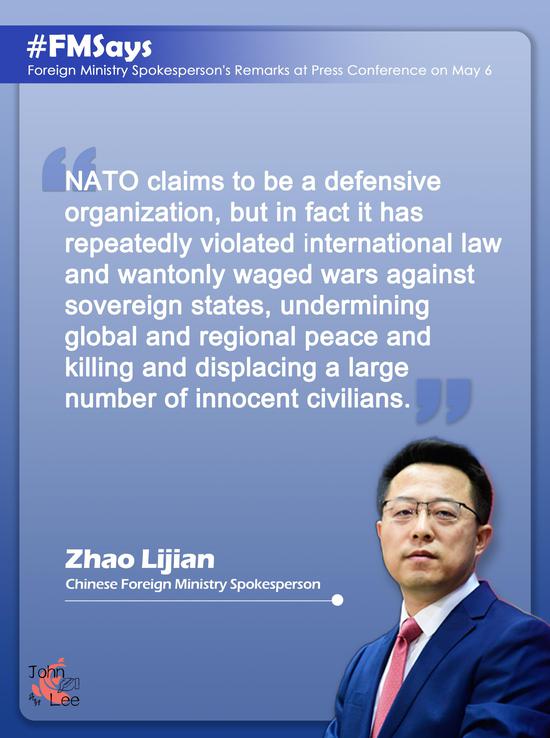




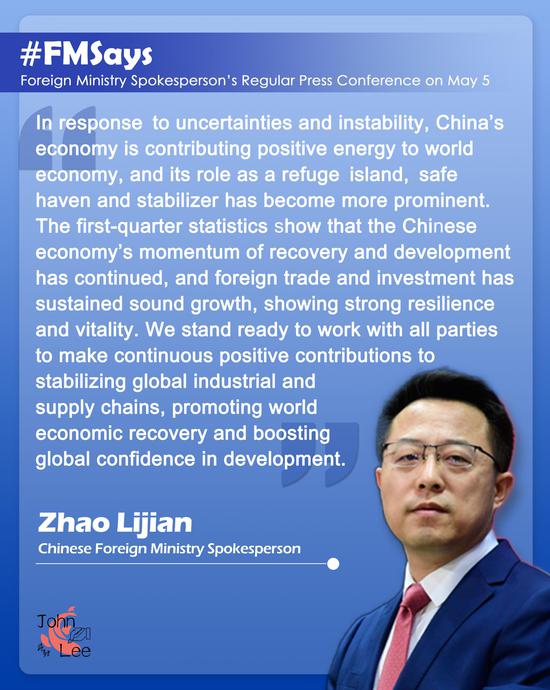

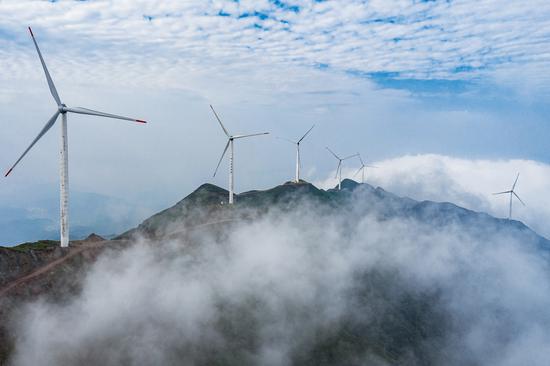


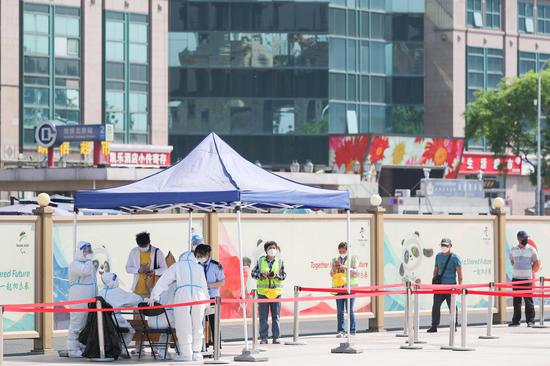



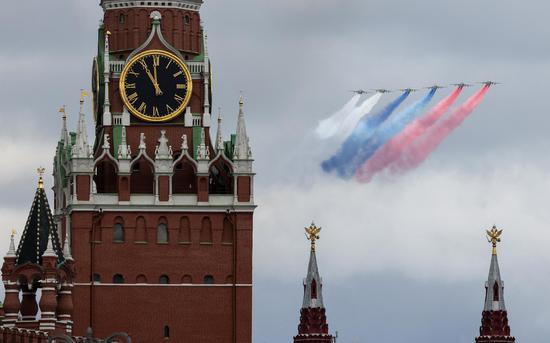

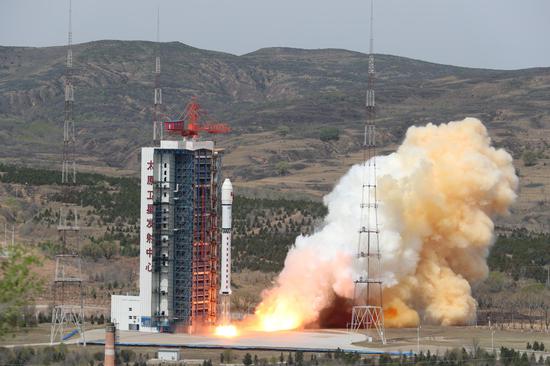
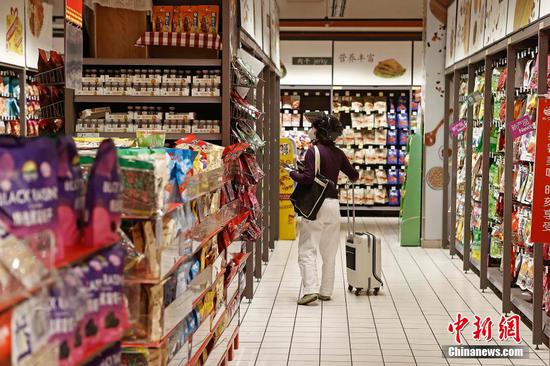
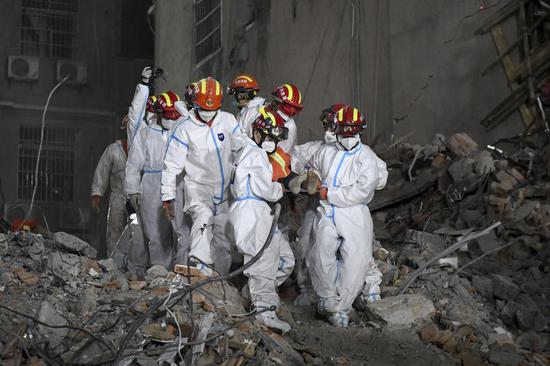



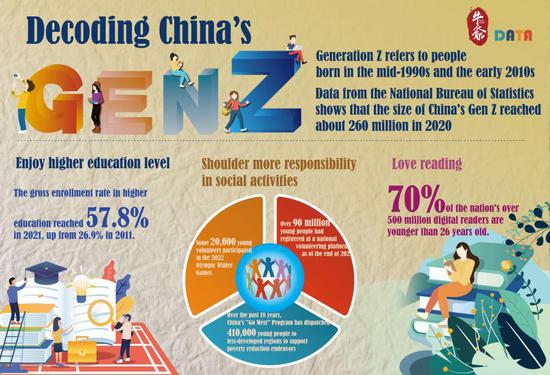

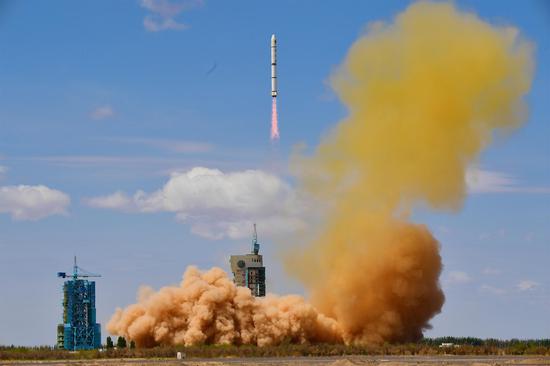

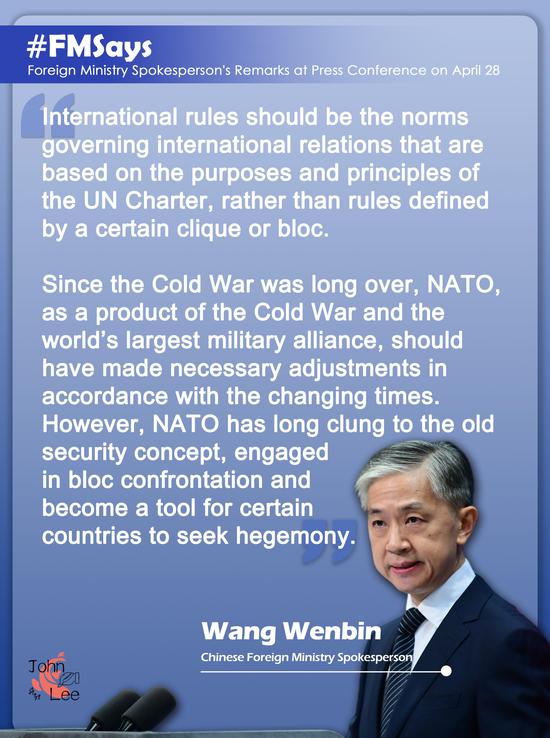
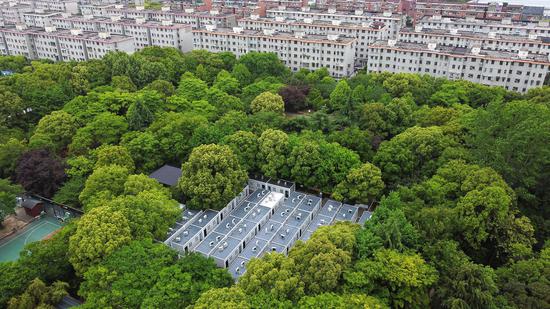








 京公网安备 11010202009201号
京公网安备 11010202009201号